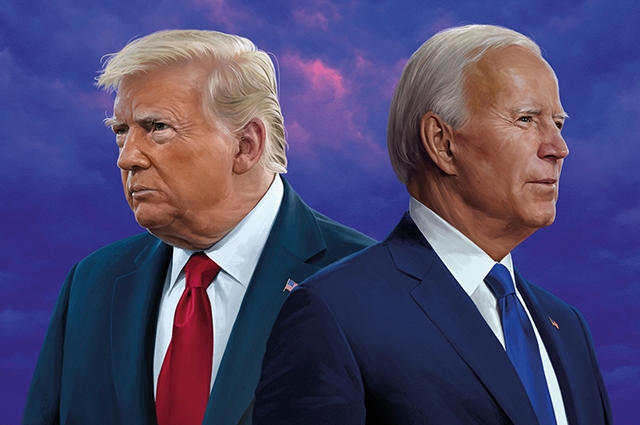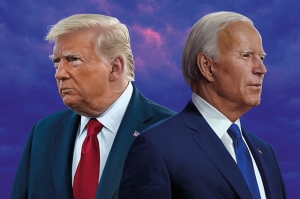Biden & the US Global Position
ANALYSIS
With Biden’s victory in the US elections, America’s foreign policy will likely consist of the following concepts: pursuit of global leadership; defense and promotion of the liberal international order; defense/promotion of freedom/democracy; and most importantly, prevention of balance of power across the Eurasian landmass.
For America, the December 2017 national security strategy (NSS) document and its January 2018 unclassified summary of its supporting national defense strategy (NDS) document, will remain a cornerstone of the nation’s foreign policy. A general emphasis on the great power competition with China, Iran and Russia will be made. Likewise, strong support for American military alliances and partnerships across the globe will be continued.
More specifically, Washington will be supporting NATO in deterring potential Russian aggression in Eastern Europe. This will be made together with a continuation of US sanctions against Russia. So far, there has not been any indication of a potential reversal to the policy which has been in place since the 2014 Ukraine crisis.
In Asia, Washington will uphold the Free and Open Indo-Pacific (FOIP) concept for navigating the US foreign policy in the Indo-Pacific region. Therefore, a more confrontational approach toward China is likely to follow. This could include Washington’s plan to increase funding within the US foreign assistance programs to increase competition with China for influence in Africa, Asia, and the Americas.
Under Biden, Washington will also put a special emphasis on the US trade actions, which will make free trade more sustainable in the long run, all over the world. Securing global supply chains will be of utmost importance, especially following the effects of the global pandemic.
The new administration will also differ with the Trump government in other crucial policies. For instance, Biden has said on a number of occasions that his administration would improve faltering transatlantic ties damaged under Trump, who criticized the European Union and NATO, distanced himself from European allies by imposing tariffs on European produce, and withdrew from a number of international agreements.
One notable difference is the language used in public statements. In contrast to Trump, who called NATO "obsolete," Biden will try to amend the situation by putting a special emphasis on the alliance, its importance and role in global affairs.
This means that NATO will be assuming a more robust position against existing threats emanating from Russia and other powers. Biden, for instance, said he would pursue a policy against Russian President Vladimir Putin, calling Russia both an "opponent" and a "threat". Earlier in 2020, Biden wrote in the journal Foreign Affairs that "to counter Russian aggression, we must keep the alliance's military capabilities sharp, while also expanding its capacity to take on nontraditional threats, such as weaponized corruption, disinformation, and cybertheft.”
Emil Avdaliani (Twitter – @emilavdaliani) is a non-resident fellow at the Georgian think tank, Geocase, and teaches history and international relations at Tbilisi State University and European University.
By EMIL AVDALIANI
Image by Jeremy Enecio












